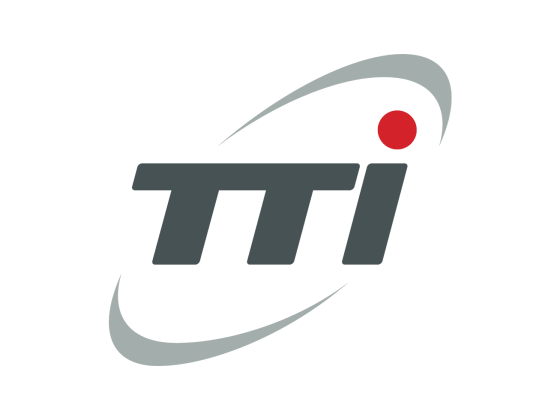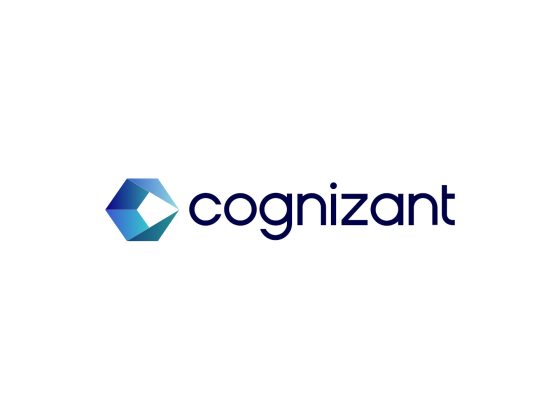Computer Science (CS) and Information Technology (IT) are closely related fields but differ in their scope, focus, and the specific skills and knowledge they encompass. Understanding these differences is crucial across various contexts, including as fields of study, professions, businesses, industry sectors, geopolitical forces, and socioeconomic levers.
1. As a Field of Study.
Computer Science.
– Focuses on understanding and developing the foundational scientific principles behind computing and algorithms, software development, and the design of various types of software and hardware systems.
– Subjects studied include algorithms, theory of computation, computer architecture, artificial intelligence, and software engineering.
– Often emphasises theory, principles, and mathematical aspects of computing.
Information Technology.
– Concentrates on the application of computing technology to solve real-world problems, typically within business contexts.
– Subjects include network administration, systems administration, cybersecurity, database management, and IT governance.
– More practical and directed toward implementing and managing technologies rather than developing new technologies.
2. As a Profession.
Computer Science.
– Often work as software developers, system analysts, software engineers, data scientists, or researchers.
– Involved in creating new software applications, improving computing systems, and developing more efficient algorithms.
– Their work often involves significant programming and development tasks.
Information Technology.
– Typically serve in roles such as IT managers, network administrators, systems administrators, support specialists, or cybersecurity experts.
– Focus on installing, managing, and maintaining computer systems as they apply to operational and business processes.
– More concerned with the integration and ongoing management of technologies rather than creation.
3. As a Business.
Computer Science.
– Focus on the development of new computing solutions, software, and innovations in technology.
– Examples include businesses developing advanced algorithms, new software tools, artificial intelligence applications, and computing hardware.
Information Technology.
– Aim to utilise existing technologies to support operations, enhance productivity, and ensure security and effective data management for organisations.
– IT service providers, consultancy firms, and cloud service companies are typical examples, focusing on implementation and service delivery.
4. As a Sector or Industry.
Computer Science.
– Driven by innovation and development, pushing forward the boundaries of what technology can achieve.
– Heavily research-oriented, often linked with academic and research institutions besides commercial entities.
Information Technology.
– Service-oriented, focusing on the deployment of IT systems and solutions in various sectors including government, healthcare, finance, and education.
– Characterised by its broad application across all forms of enterprise as a critical enabler of business functions.
5. As a Geopolitical Force.
Computer Science.
– Innovations such as cryptography, quantum computing, and software development have significant implications for national security and global technological leadership.
– Nations with strong computer science capabilities drive international competitiveness and geopolitical influence.
Information Technology.
– IT infrastructure and capabilities are crucial for national security, economic stability, and efficiency.
– Countries with advanced IT implementations in public and private sectors have better control over data, information flows, and cybersecurity, influencing global data governance and digital diplomacy.
6. As a Socioeconomic Lever.
Computer Science.
– Drives technological innovation which can lead to new industries and opportunities, fundamentally altering labor markets and the economy.
– Has the potential to solve complex societal problems, improve quality of life, and enhance the capabilities of individuals and organisations.
Information Technology.
– Plays a crucial role in democratising access to technology, enhancing communication, and improving operational efficiencies across sectors.
– Vital for educational purposes, healthcare improvements, and increasing the reach of government services, thus playing a direct role in socio-economic development.
While both Computer Science and Information Technology are integral to modern societal functions, their roles, focuses, and impacts differ substantially across various contexts. Understanding these differences helps in strategically navigating and leveraging these fields for optimal societal and economic benefits.











